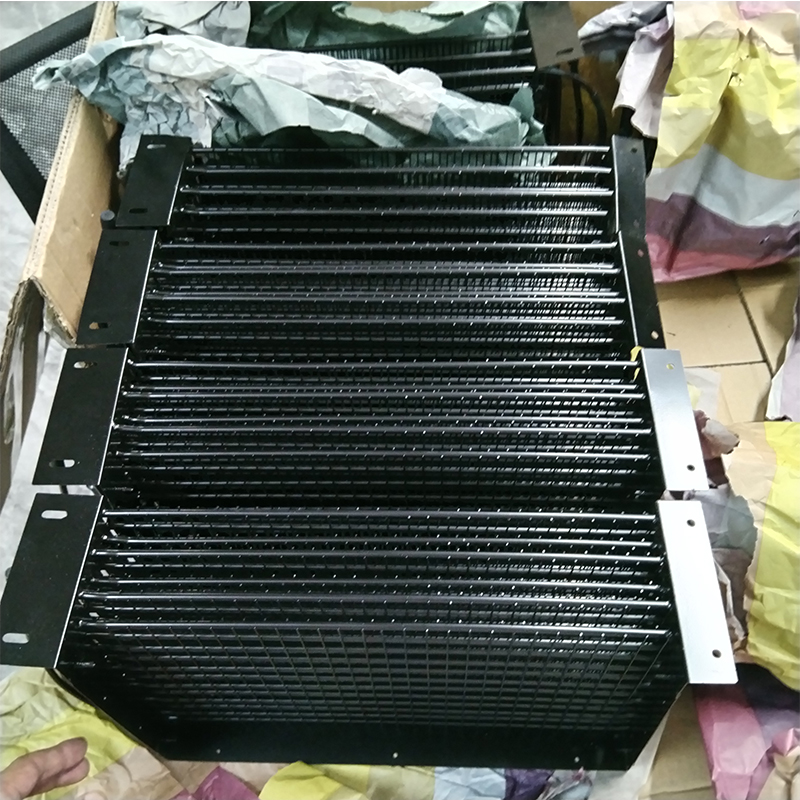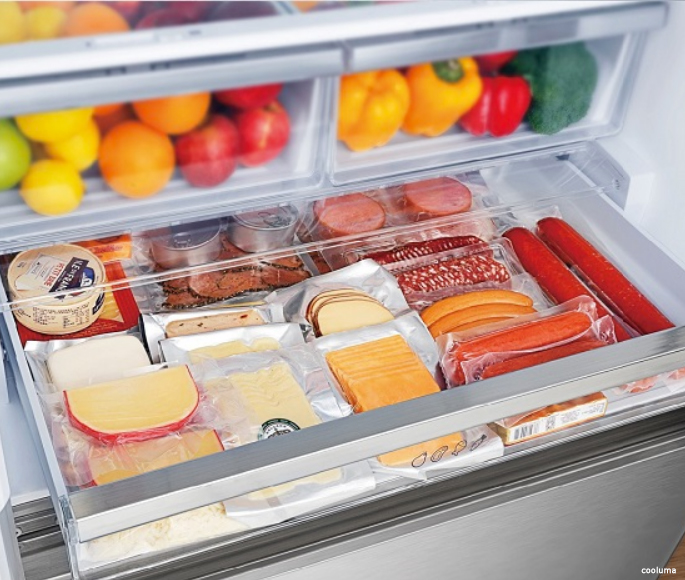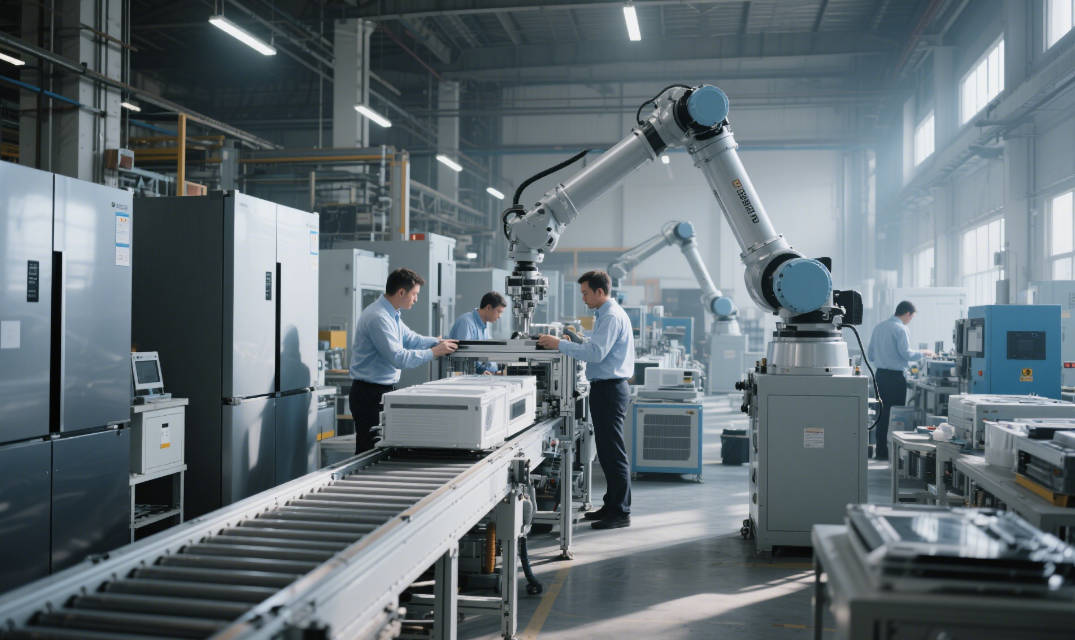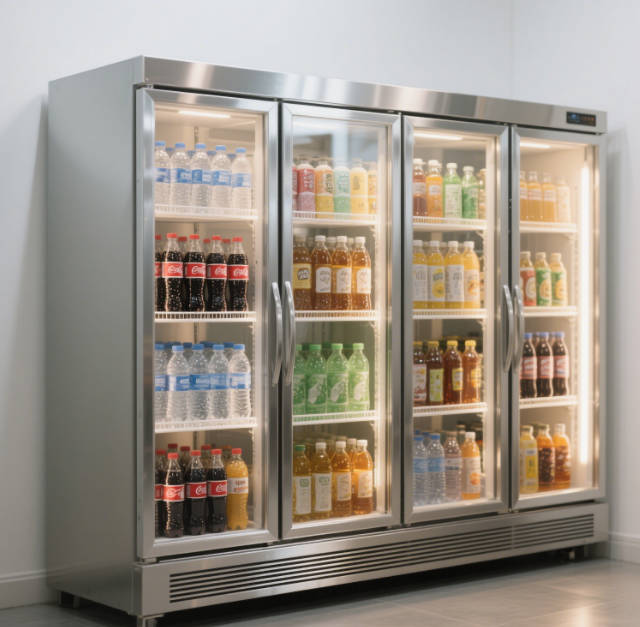
Condensers are integral components of refrigeration systems, responsible for the heat exchange process that allows the system to operate efficiently. However, not all condensers are created equal, and distinguishing the quality of a condenser can be a daunting task for those unfamiliar with the intricacies of refrigeration technology. Here are some key factors to consider when evaluating the quality of a condenser.
Material Quality: The materials used in the construction of a condenser are a significant determinant of its quality and durability. High-quality condensers are typically made from materials such as copper or aluminum, which are known for their excellent heat transfer properties and resistance to corrosion. Look for condensers with robust construction and materials that can withstand the rigors of regular use and environmental exposure.
Heat Transfer Efficiency: A condenser's primary function is to transfer heat from the refrigerant to the surrounding environment. Therefore, the efficiency of this heat transfer process is a critical factor in determining the quality of a condenser. High-quality condensers will have a larger surface area or advanced designs that facilitate efficient heat exchange, ensuring that the refrigeration system operates at peak performance.
Durability and Resistance to Corrosion: Condensers are often exposed to harsh environmental conditions, making their durability and resistance to corrosion essential. Look for condensers with protective coatings or treatments that can prevent rust and other forms of corrosion, prolonging the life of the unit.
Brand Reputation and Warranties: When purchasing a condenser, consider the reputation of the manufacturer. Established brands with a history of producing reliable and high-quality products are often a safer bet. Additionally, a good warranty policy can provide peace of mind and protection against manufacturing defects or early failures.
Noise Levels: Some condensers can be quite noisy during operation, which can be a nuisance in residential settings. If noise is a concern, look for condensers that have been designed with noise reduction in mind, often indicated by lower decibel ratings.
Maintenance and Serviceability: The ease of maintenance and serviceability should also be considered when evaluating a condenser's quality. High-quality condensers should be designed with easy access to components that may require regular cleaning or replacement, reducing the need for specialized tools or extensive disassembly.
By considering these factors, you can make an informed decision when selecting a condenser that meets your needs in terms of performance, durability, and reliability. Investing in a high-quality condenser can save you time, money, and hassle in the long run, ensuring that your refrigeration system operates efficiently and effectively.






This batch of products seems to be of good quality.